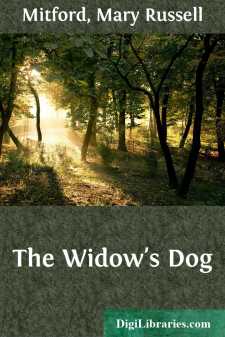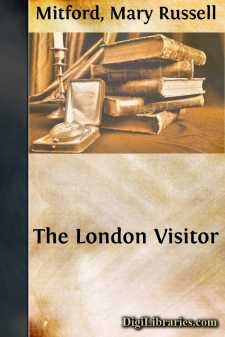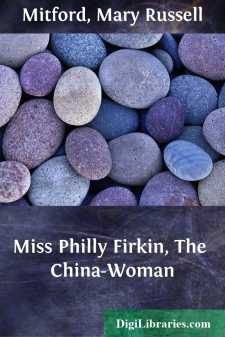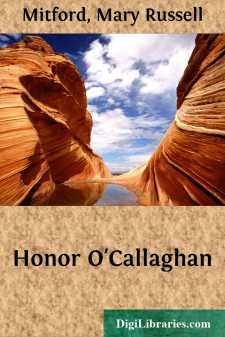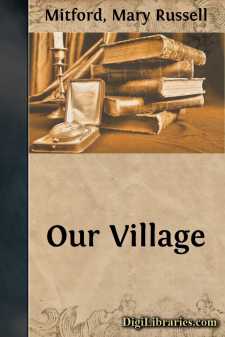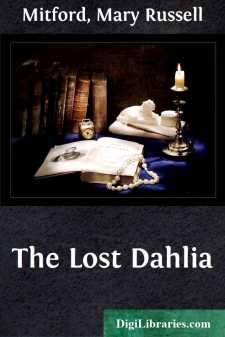Categories
- Antiques & Collectibles 13
- Architecture 36
- Art 48
- Bibles 22
- Biography & Autobiography 815
- Body, Mind & Spirit 144
- Business & Economics 28
- Children's Books 18
- Children's Fiction 14
- Computers 4
- Cooking 94
- Crafts & Hobbies 4
- Drama 346
- Education 58
- Family & Relationships 59
- Fiction 11834
- Games 19
- Gardening 17
- Health & Fitness 34
- History 1378
- House & Home 1
- Humor 147
- Juvenile Fiction 1873
- Juvenile Nonfiction 202
- Language Arts & Disciplines 89
- Law 16
- Literary Collections 686
- Literary Criticism 179
- Mathematics 13
- Medical 41
- Music 40
- Nature 179
- Non-Classifiable 1768
- Performing Arts 7
- Periodicals 1453
- Philosophy 65
- Photography 2
- Poetry 896
- Political Science 203
- Psychology 44
- Reference 154
- Religion 515
- Science 126
- Self-Help 85
- Social Science 83
- Sports & Recreation 34
- Study Aids 3
- Technology & Engineering 59
- Transportation 23
- Travel 463
- True Crime 29
Our website is made possible by displaying online advertisements to our visitors.
Please consider supporting us by disabling your ad blocker.
The Widow's Dog
Categories:
Description:
Excerpt
One of the most beautiful spots in the north of Hampshire—a part of the country which, from its winding green lanes, with the trees meeting over head-like a cradle, its winding roads between coppices, with wide turfy margents on either side, as if left on purpose for the picturesque and frequent gipsy camp, its abundance of hedgerow timber, and its extensive tracts of woodland, seems as if the fields were just dug out of the forest, as might have happened in the days of William Rufus—one of the loveliest scenes in this lovely county is the Great Pond at Ashley End.
Ashley End is itself a romantic and beautiful village, struggling down a steep hill to a clear and narrow running stream, which crosses the road in the bottom, crossed in its turn by a picturesque wooden bridge, and then winding with equal abruptness up the opposite acclivity, so that the scattered cottages, separated from each other by long strips of garden ground, the little country inn, and two or three old-fashioned tenements of somewhat higher pretensions, surrounded by their own moss-grown orchards, seemed to be completely shut out from this bustling world, buried in the sloping meadows so deeply green, and the hanging woods so rich in their various tinting, along which the slender wreaths of smoke from the old clustered chimneys went smiling peacefully in the pleasant autumn air. So profound was the tranquillity, that the slender streamlet which gushed along the valley, following its natural windings, and glittering in the noonday sun like a thread of silver, seemed to the unfrequent visiters of that remote hamlet the only trace of life and motion in the picture.
The source of this pretty brook was undoubtedly the Great Pond, although there was no other road to it than by climbing the steep hill beyond the village, and then turning suddenly to the right, and descending by a deep cart-track, which led between wild banks covered with heath and feathery broom, garlanded with bramble and briar roses, and gay with the purple heath-flower and the delicate harebell,* to a scene even more beautiful and more solitary than the hamlet itself.
* One of the pleasantest moments that I have ever known, was
that of the introduction of an accomplished young American
to the common harebell, upon the very spot which I have
attempted to describe. He had never seen that English wild-
flower, consecrated by the poetry of our common language,
was struck even more than I expected by its delicate beauty,
placed it in his button-hole, and repeated with enthusiasm
the charming lines of Scott, from the Lady of the Lake:—
"For me,"—she stooped, and, looking round,
Plucked a blue harebell from the ground,—
"For me, whose memory scarce conveys
An image of more splendid days,
This little flower, that loves the lea,
May well my simple emblem be;
It drinks heaven's dew as blithe as rose
That in the King's own garden grows,
And when I place it in my hair,
Allan, a bard, is bound to swear
He ne'er saw coronet so fair."
Still greater was the delight with which another
American recognised that blossom of a thousand
associations—the flower sacred to Milton and Shakspeare—the
English primrose. He bent his knee to the ground in
gathering a bunch, with a reverential expression which I
shall not easily forget, as if the flower were to him an
embodiment of the great poets by whom it has been
consecrated to fame; and he also had the good taste not to
be ashamed of his own enthusiasm. I have had the pleasure of
exporting, this spring, to my friend Miss Sedgwick, (to
whose family one of my visiters belongs,) roots and seeds of
these wild flowers, of the common violet, the cowslip, and
the ivy, another of our indigenous plants which our
Transatlantic brethren want, and with which Mr....


